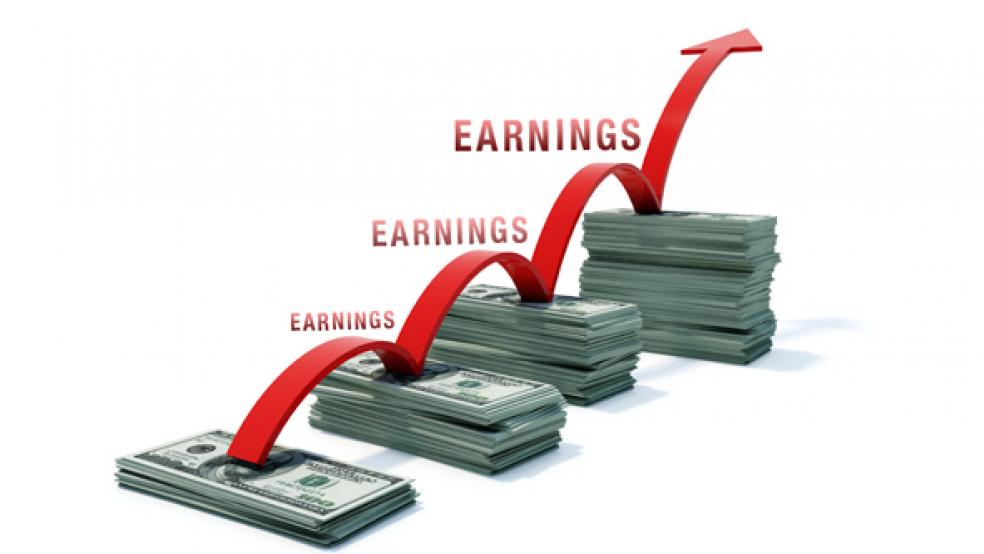Third-quarter earnings season has essentially wrapped up – only a few of the companies in the Standard & Poor’s 500-stock index have yet to report – and even though the market backdrop was bumpy, with headlines triggering panic attacks on the part of investors and distracting their attention from corporate profitability, it's clear that the results were stellar. In fact, companies in the S&P 500 set a new record for both operating and as-reported earnings, topping the mark they set in the second quarter. The S&P 500 companies posted gains of 17.4 percent over year-earlier levels, with 70 percent beating analysts' estimates and a mere 10 percent falling short.
But that's already history. Even before a majority of companies had reported their results for Q3, attention was already shifting to the fourth quarter, which for most companies in the S&P 500 will end with the calendar year, on December 31. And that news isn't quite as rosy, as one after another, companies have issued more bearish forecasts for Q4. The big downturns in commodity prices have prompted materials companies to slash their forecasts; retailer JC Penney (JCP) slashed its previous Q4 estimate of $1.14 in earnings per share down to a measly 69 cents in the conference call the company held to discuss its third-quarter results. Analysts have already trimmed their estimates for S&P 500 earnings by 5 percent since September, according to S&P’s Howard Silverblatt.
Could we be seeing peak earnings – the point at which earnings reach their highest point for the economic cycle?
It's a dismaying thought, but one we should be considering, Philip Van Deusen, senior market strategist at Momentum Trading Partners, warned clients in the debut issue of a proprietary market note. He figures that Europe's ongoing woes will hit the global economy more strongly as the weeks and months pass. "We are skeptical that any positive developments can take hold there which would help avoid a severe recession," he warned. And that will filter through not only to the United States economy but also to China, which until recently was seen as a source of reliable growth and offering a glimmer of hope in a bleak economic landscape. That’s no longer the case, Van Deusen argues: "As Europe slows it will exacerbate some of the difficulties China is already dealing with, specifically the inflated Chinese property market which is showing signs of weakness."
Set against the gift-giving and general holiday cheer on the calendar for the coming weeks, pondering the bleak prospect of "peak earnings" may seem like a joyless pastime. But the aftermath of peak earnings is the period in which many value traps are created to ensnare unwary investors. When cyclical companies hit their peak earnings, their P/E ratios look unbelievably attractive, as businesses trade for seven or eight times current or trailing earnings. The trap? Anyone who buys into a peak earnings cycle will watch in dismay as earnings fall and P/E ratios rise, making the stocks look less attractive to any new investors, thus capping future market gains. Scrooge couldn't do a better job destroying festive spirits if he tried.






